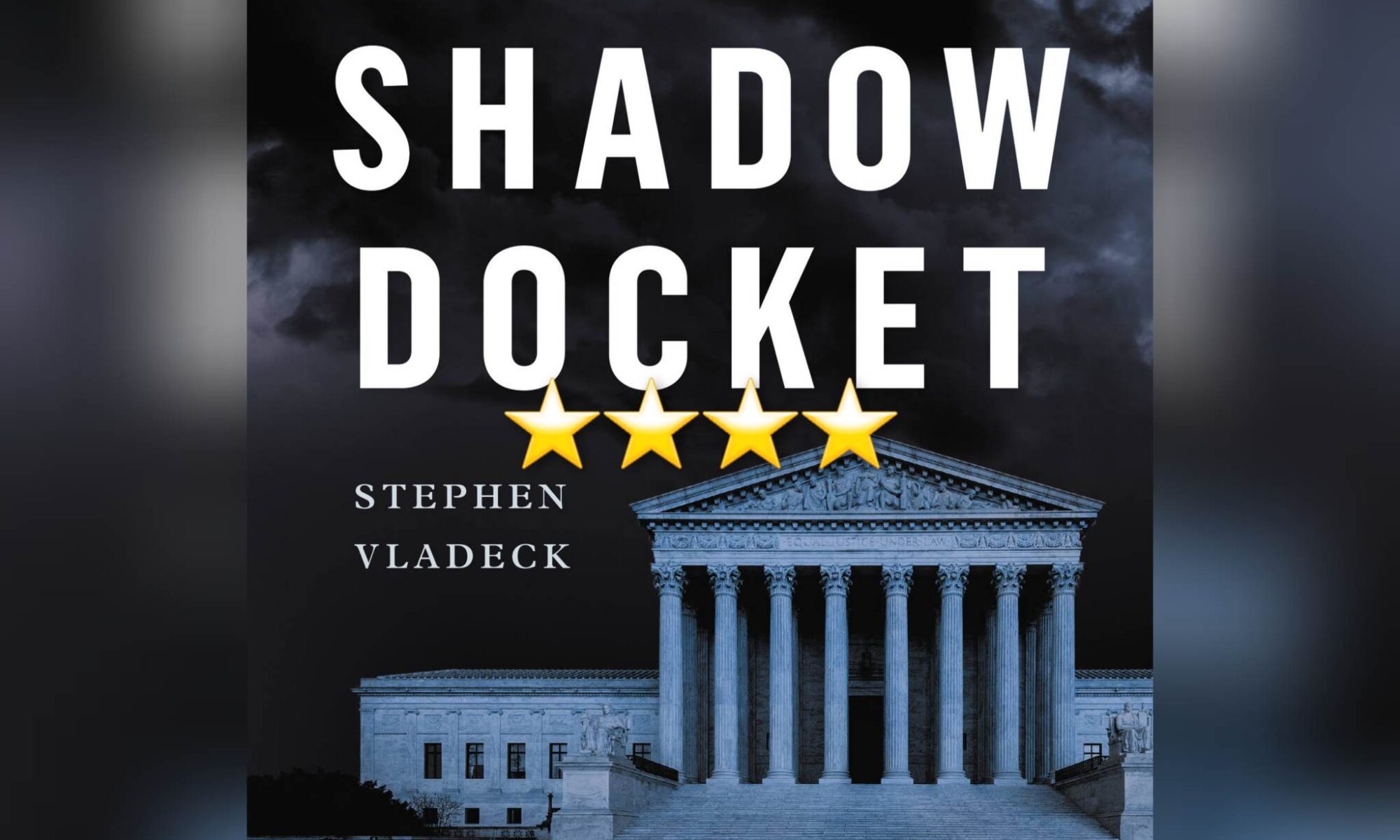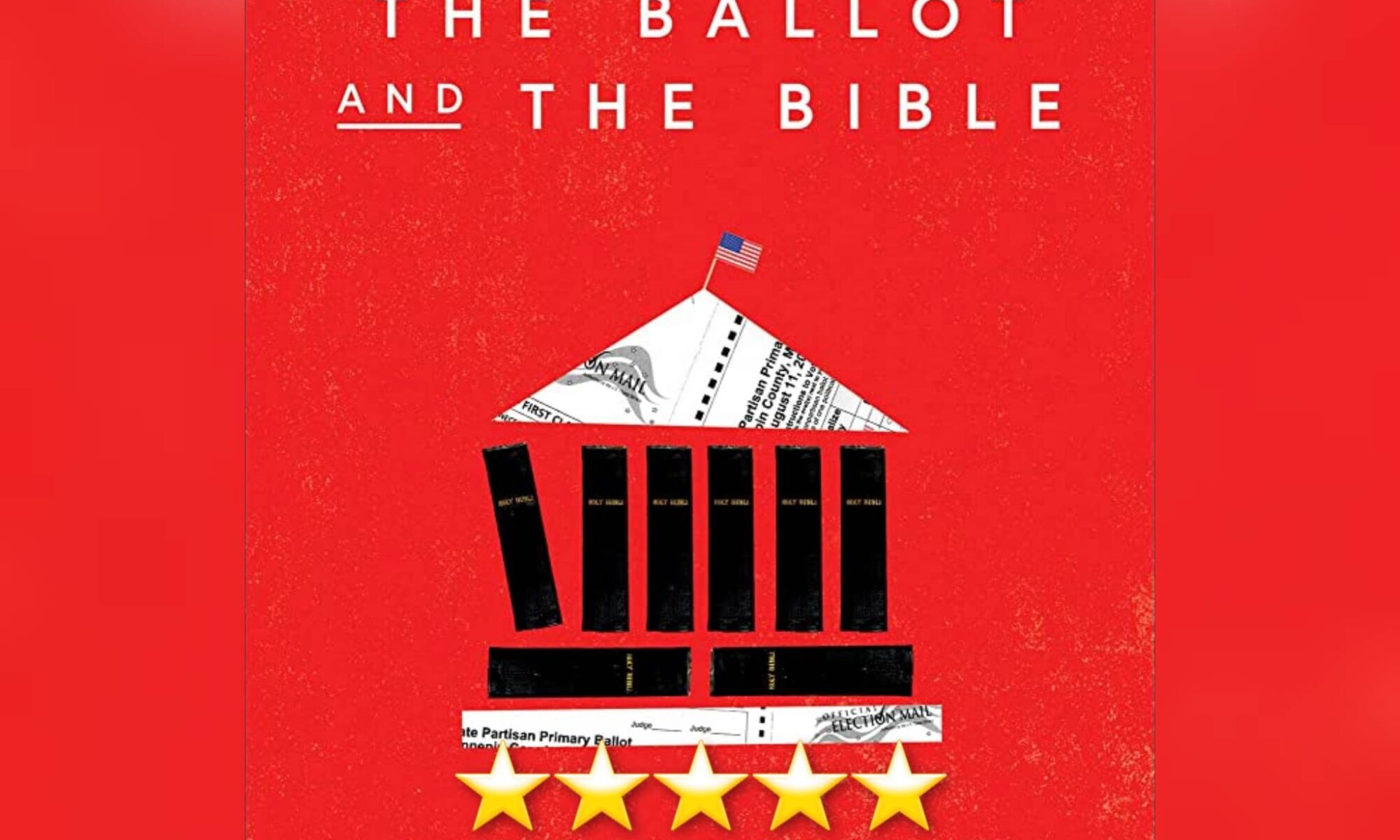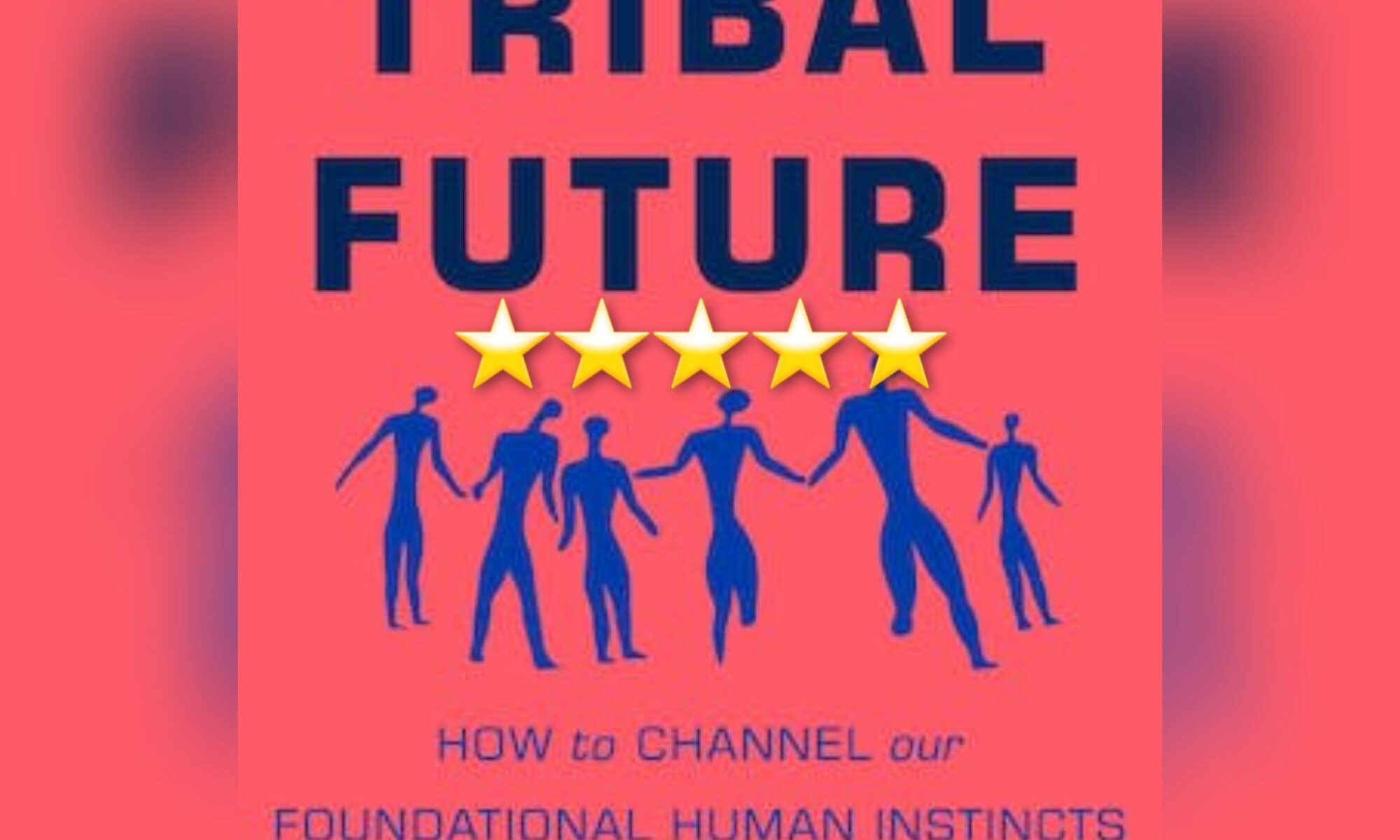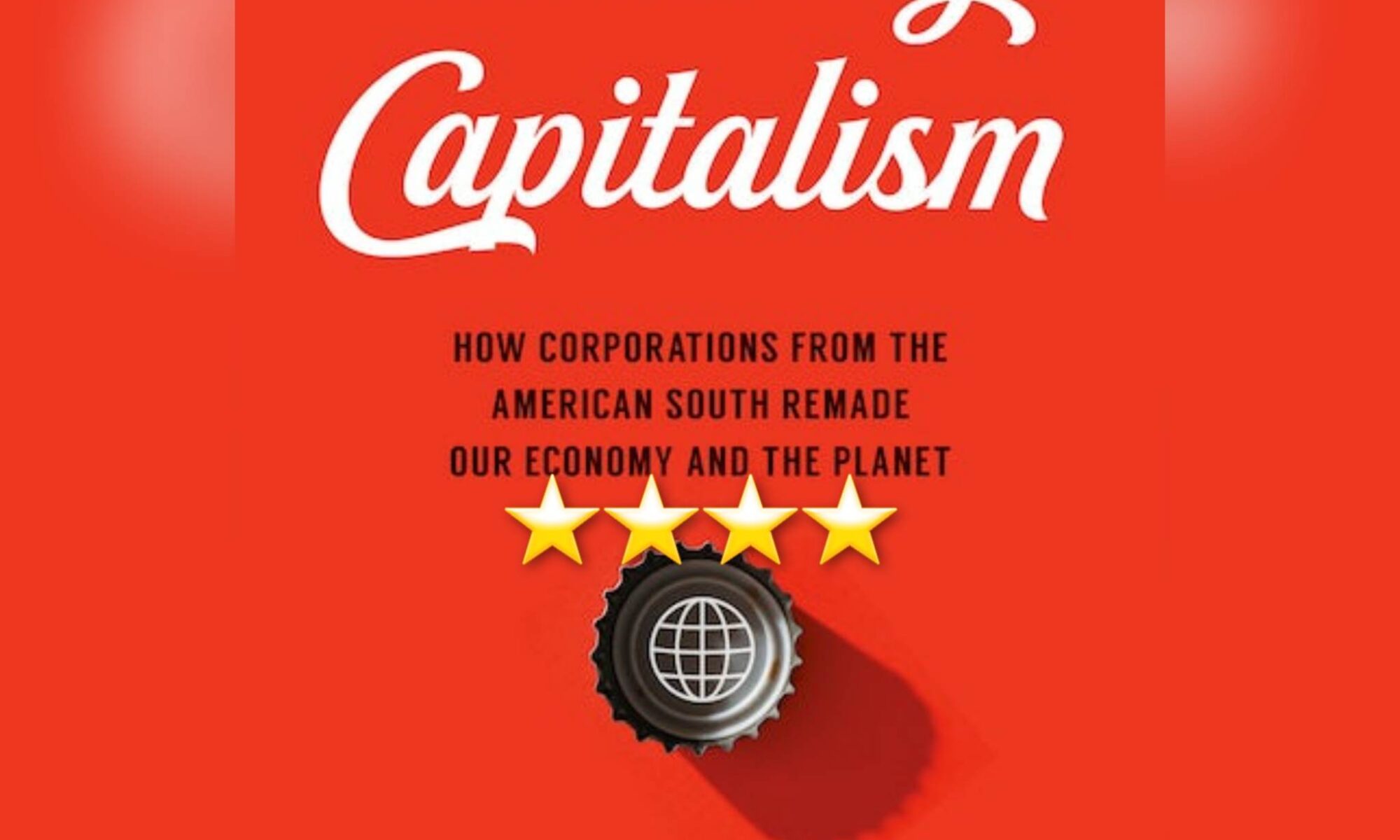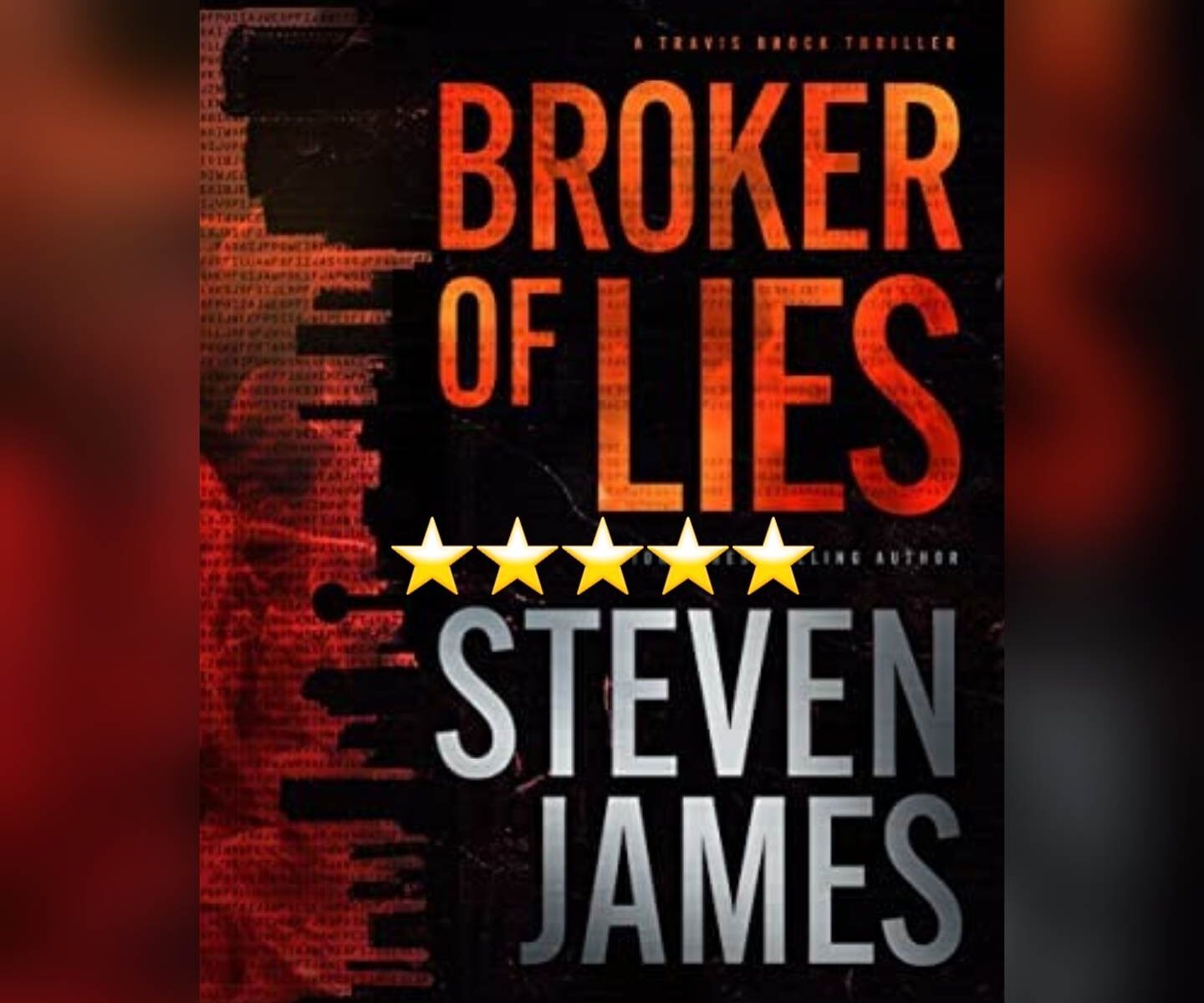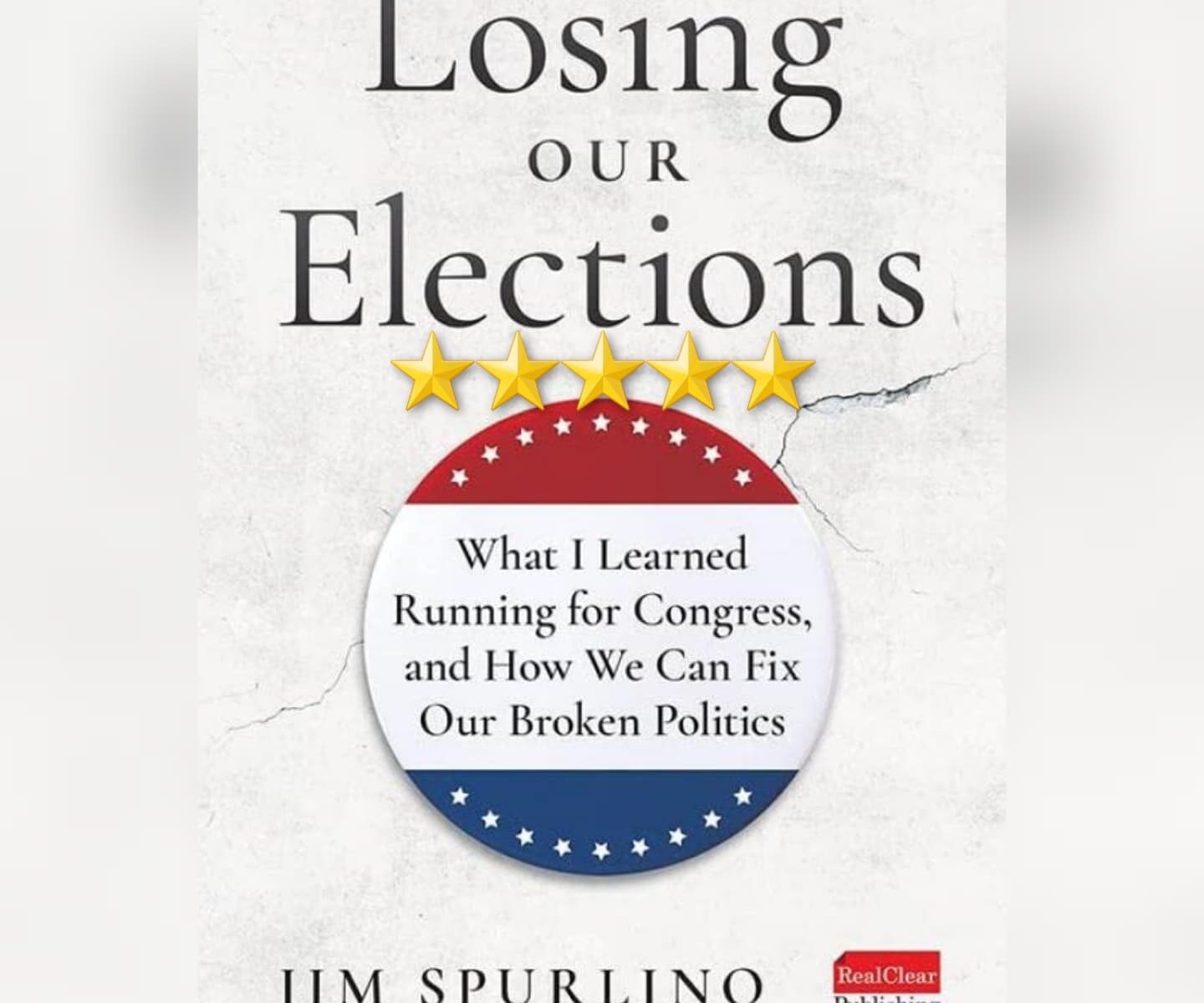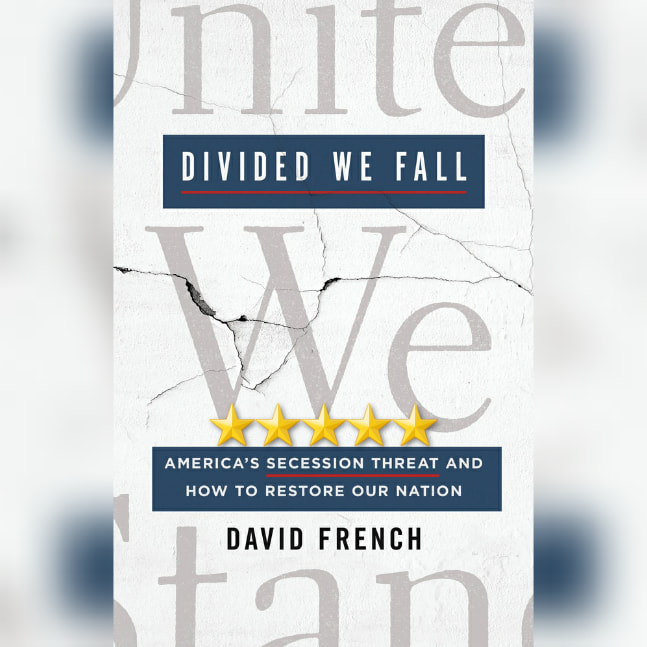For this blog tour, we’re looking at a tale that in some ways is a more current American President. For this blog tour, we’re looking at The Boyfriend Candidate by Ashley Winstead.
Here’s what I had to say about it on Goodreads:
Almost A Texas-Based The American President. Mostly in overall tone, and with this one being in some instances both funnier and more poignant than even that classic movie – though far from its extremely quotable climactic speech – if you enjoyed that movie, you’re very likely to enjoy this book. In both, you get a lot of Democrat-heavy politics, so if that is a major turn off for you – either because of the specific politics or because you don’t like real-world politics in your fiction, particularly your romantic fiction, generally – ummm… this may not be the book for you. If you *do* enjoy Democrat politics but want your Democrat politicians to be shown as near John Galt mythic heroes… eh… you’re going to be disappointed here, as both of our leads are shown to be very flawed people who happen to meet and fall in love in the middle of an intense campaign. And speaking of the campaign itself, this was actually a remarkably solid look at the inside of campaigning in America today, for all its positives *and* negatives, so there is that – but again, if you’re reading for more pure escapism… that may not be what you want.
Overall the book used its near 400 page length well, showing both a slow burn “fake” romance *and* the various political escapades quite solidly, while allowing several secondary characters various chances to shine as well. All told, this is a solid story for what it is that may not be what everyone wants, but there is nothing technically wrong with what it is. Very much recommended.
After the jump, an excerpt from the book followed by the “publisher details” – book description, author bio, and social media and buy links.
Continue reading “#BlogTour: The Boyfriend Candidate by Ashley Winstead”


